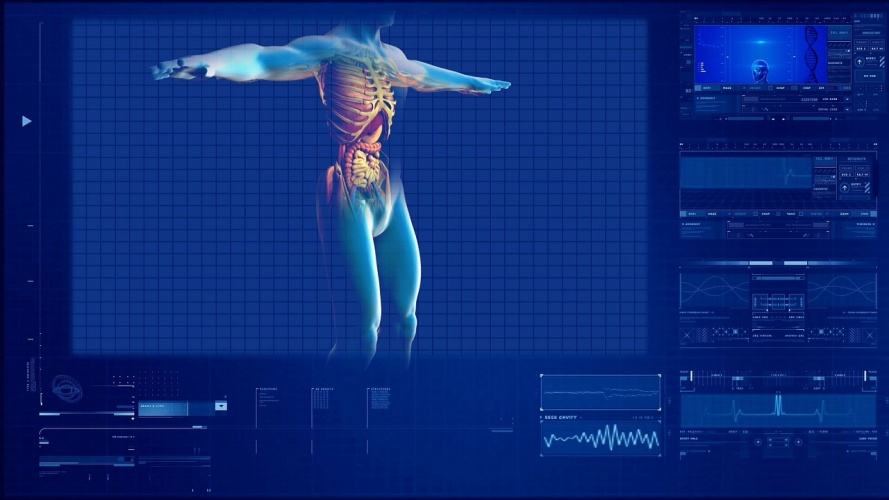
According to the Alzheimer's Society, around a quarter of hospital beds in the UK are occupied by people affected by dementia, with UTIs one of the leading causes of hospitalisation. The World Health Organisation also estimates that the number of dementia sufferers worldwide is set to triple by 2050, significantly stretching healthcare resources. To help reduce the burden on hospitals, better care in the home will be required, including early detection of UTIs.
Developed by scientists from the University of Surrey's Centre for Vision, Speech and Signal Processing (CVSSP), the new system uses IoT devices such as environmental and activity monitoring sensors and vital body signal monitoring devices. As well as allowing clinicians to remotely monitor the health of patients, data from these devices is also plugged into an AI, where machine learning algorithms apply a technique called Non-negative Matrix Factorisation to find hidden clues of possible UTI cases. The research is published in the journal PLOS ONE.
"Urinary tract infections are one of the most common reasons why people living with dementia go into hospital,” said Payam Barnaghi, Professor of Machine Intelligence at CVSSP.
“We have developed a tool that is able to identify the risk of UTIs so it is then possible to treat them early. We are confident our algorithm will be a valuable tool for healthcare professionals, allowing them to produce more effective and personalised plans for patients."
The experiment was part of the TIHM (Technology Integrated Health Management) for dementia project, led by Surrey and Borders Partnership NHS Foundation Trust in partnership with the University of Surrey and industry collaborators. Funded by NHS England the Office for Life Sciences, the project is also part of the NHS Test Beds Programme.
"The TIHM for dementia study is a collaborative project that has brought together the NHS, academia and industry to transform support for people with dementia living at home and their carers,” said Professor Helen Rostill, director of Innovation and Development at Surrey and Borders Partnership NHS Foundation Trust.
“Our aim has been to create an Internet of Things led system that uses machine learning to alert our clinicians to potential health problems that we can step in and treat early. The system helps to improve the lives of people with dementia and their carers and could also reduce pressure on the NHS."




Poll: Should the UK’s railways be renationalised?
Rail passenger numbers declined from 1.27 million in 1946 to 735,000 in 1994 a fall of 42% over 49 years. In 2019 the last pre-Covid year the number...